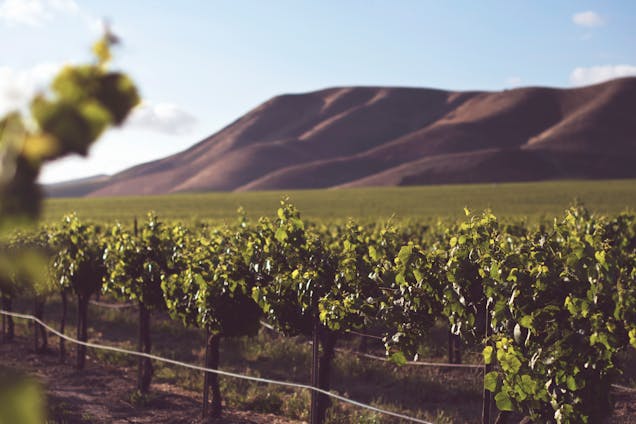Wine enthusiasts and casual sippers alike find immense joy in the delicate balance of flavours and the rich history encapsulated in a bottle of wine. For many, the ultimate way to deepen their appreciation and understanding of wine is through winery tours. These tours offer more than just a taste of the final product; they provide a comprehensive experience that immerses visitors in the art and science of winemaking, the culture of the vineyard, and the beauty of the landscape.
Nestled in picturesque regions, vineyards are often surrounded by rolling hills, lush greenery, and scenic vistas. The journey to the Hobart winery tours itself is a prelude to the experience, as winding roads lead through some of the most beautiful countryside. Upon arrival, visitors are greeted by rows of grapevines stretching as far as the eye can see, each vine meticulously tended to ensure the highest quality fruit.
Here, visitors learn about the different grape varieties grown on the estate and the specific characteristics that each variety brings to the wine. The guide, often a winemaker or a knowledgeable staff member, explains the viticultural practices employed by the winery, such as pruning techniques, pest control methods, and the importance of soil composition and climate. This part of the tour highlights the meticulous care and attention that goes into growing the grapes, emphasizing that great wine starts in the vineyard.

Following the vineyard tour, guests are usually led to the production area, where the magic of winemaking happens. Visitors witness the various stages of production, including crushing and pressing, fermentation, ageing, and blending. Each step is accompanied by detailed explanations, shedding light on the intricate process that transforms simple grapes into complex, flavorful wines. It’s here that the science of winemaking becomes apparent, as winemakers utilize a combination of tradition and innovation to craft their wines.
One of the most anticipated parts of any winery tour is the tasting session. In the tasting room, visitors have the opportunity to sample a range of wines produced by the vineyard. This is more than just a chance to enjoy a glass of wine; it’s an educational experience designed to enhance the palate and deepen one’s appreciation for the nuances of different wines. Guides often provide tips on how to properly taste wine, including the importance of appearance, aroma, and mouthfeel.

Beyond the technical aspects, winery tours also delve into the rich history and culture of winemaking. Many wineries are family-owned and have been passed down through generations, with each family member contributing to the legacy of the estate. Stories of tradition, innovation, and passion are woven into the narrative of the tour, providing a deeper connection to the wines being tasted. Learning about the heritage and personal stories behind the winery adds a layer of meaning to the experience, making each sip more memorable.
In addition to the standard tour and tasting, many wineries offer unique experiences that enhance the visit. These can include food and wine pairings, where guests learn how different foods complement and enhance the flavours of various wines. Some vineyards host seasonal events, such as grape harvest festivals or blending sessions, where visitors can participate in hands-on activities. These special events provide a deeper understanding of the winemaking process and create lasting memories.











